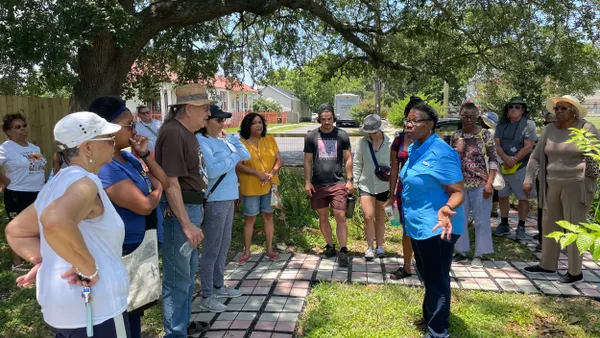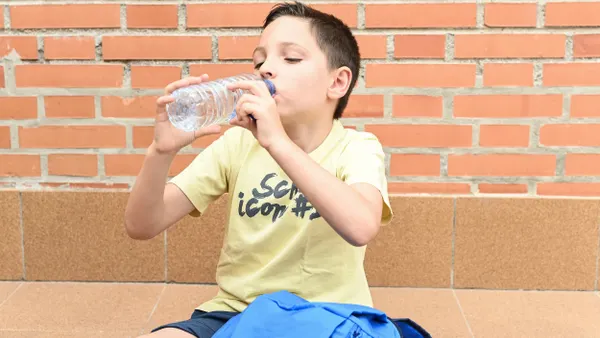Dive Brief:
- The Bloomberg American Cities Climate Challenge, Rocky Mountain Institute (RMI), World Resources Institute (WRI) and the Urban Sustainability Directors Network (USDN) collaborated to launch a program to help cities generate more than 2.8 gigawatts of renewable energy capacity and decarbonize their electricity systems.
- The joint effort, known as the American Cities Climate Challenge Renewables Accelerator, will help U.S. cities achieve their renewable goals with technical support and expertise. The program will help cities procure and deploy large-scale, off-site renewable energy and navigate any regulations and laws that might impede progress.
- "The role cities must play in spurring demand for renewable energy and accelerating the clean energy transition has never been more important," Antha Williams, Head of Environmental Programs at Bloomberg Philanthropies, said in a statement.
Dive Insight:
This new program is related to Bloomberg Philanthropies’ American Cities Climate Challenge, which is providing 25 winning cities with money and other resources to help them reach their climate goals. But the Renewables Accelerator goes even further, with its assistance available to the nearly 200 USDN members — all of whom are set to meet in Washington, DC this week to be trained on procurement and to discuss next steps in a collaborative setting.
The Renewables Accelerator has set itself a lofty goal, too. The 2.8 gigawatts of renewable capacity it aims to build is more than the existing solar capacity in Nevada, Florida or Texas, so cities will need to be creative in their procurement and deployment strategies. Cities such as Minneapolis are aiming to be 100% powered by renewable energy by 2030, while Pittsburgh is looking to encourage the region-wide use of clean energy through the Western Pennsylvania Energy Consortium.
With the two-year anniversary of President Donald Trump’s decision to withdraw the United States from the Paris climate agreement fast approaching, programs such as this, the American Cities Climate Challenge and the “We Are Still In” coalition demonstrate how cities are looking to uphold the Paris goals at the local level despite what they see as a lack of leadership at the national level. The Renewables Accelerator will help cities learn from each other as they work to keep up the pace in the face of troubling projections about the impacts they might face from climate change.










